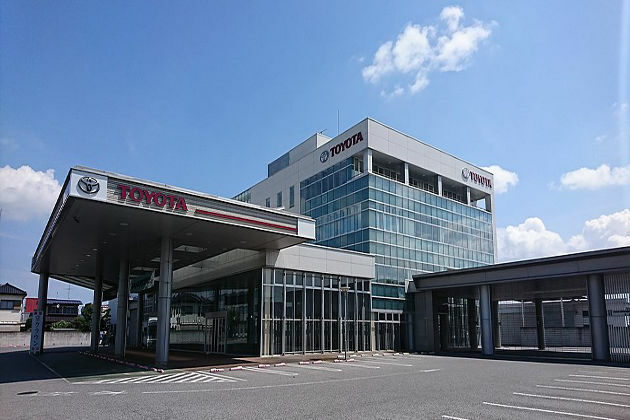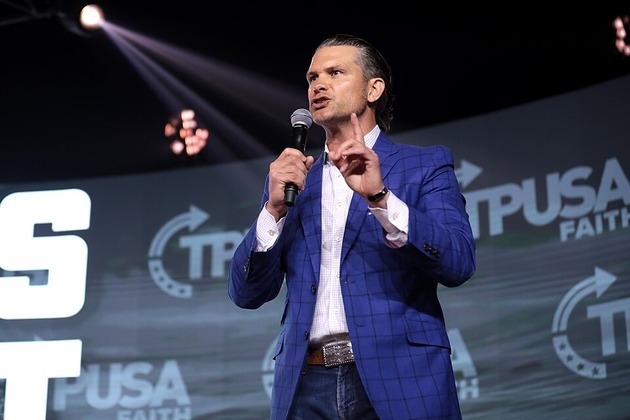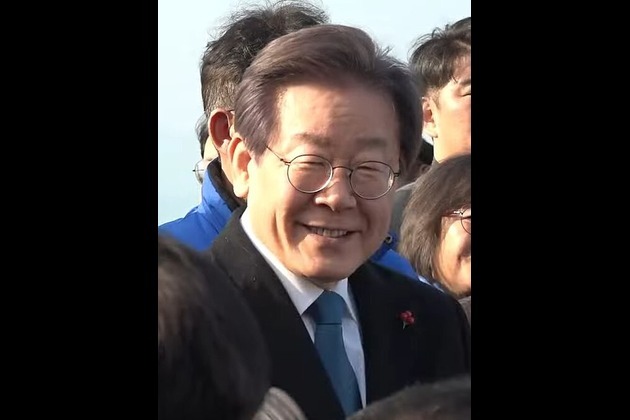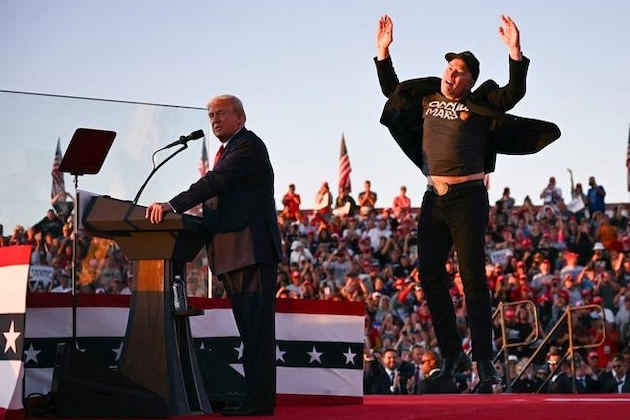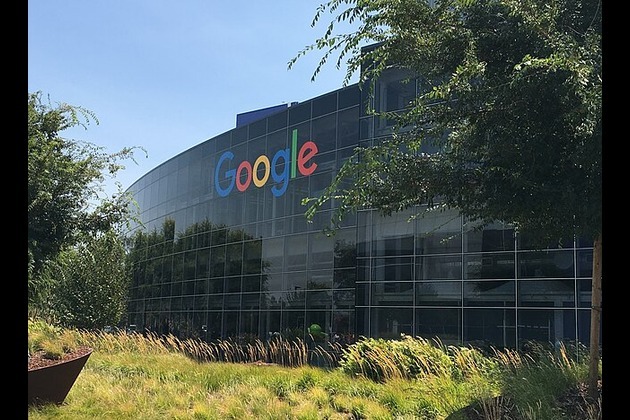Interview with Mr Shigeo Katsu, President of Nazarbayev University in Kazakhstan
Japan Herald
06 Aug 2021, 05:30 GMT+10
Originally from Japan, Mr Shigeo Katsu is the President of Nazarbayev University, one of the top universities in Central Asia. We spoke with Mr Katsu about his background, his time at the World Bank, and why an institution like Nazarbayev University is so important.
"I almost fell off my chair!" This is how Mr Shigeo Katsu, President of Nazarbayev University in Kazakhstan, describes his initial response to being offered the position of President over a decade ago.
Born in Japan in 1952, Mr Katsu studied at the Tokyo University of Foreign Studies and the University of Tokyo before joining the United Nations Industrial Development Organization (UNIDO) in Grenada as Associate Expert in 1977, and the World Bank in 1979 as part of the Young Professionals Program (YPP). As part of this program, even today, 30 to 40 young, talented professionals are recruited annually from among 10,000 applicants, and trained for future senior professional and management positions.
During his 30-year career at the World Bank, Mr Katsu was afforded the opportunity to travel and work abroad, "I did two stints overseas in West Africa. I was in Benin from 1985 to 89, and in Ivory Coast from 95 to 99. After Benin, I was asked to go back to Japan on an external assignment from the World Bank and seconded to a government financial institution in Japan for two plus years."
In his last six years before retiring from the World Bank, he served as Vice President for the Europe and Central Asia Region, which involved travelling a lot to meet clients. This is how Mr Katsu got to know the leadership of Kazakhstan. In early 2010, they contacted him about the opening of a new university, Nazarbayev University, and asked him to be a member of the External Advisory Council and participate in the formal opening of the new institution that same year. Not long after, they offered him the position of President of Nazarbayev University.
"It's quite a different thing to give one-off lectures on selective topics compared to building a university and running it," says Mr Katsu. "One of my friends told me, 'You always tell us to get out of our comfort zone. So now it is your turn to get out of your comfort zone.' That tipped the scale and I decided to accept."
Nazarbayev University was named for the first President of Kazakhstan, Nursultan Nazarbayev, after Kazakhstan became independent from the Soviet Union almost 30 years ago. He decided to invest in human capital and from the early days, created a number of universities that all started out quite well. But at a certain point, institutional development was stunted for a number of reasons, including governance issues or non-continuity whenever a new university management came in. But President Nazarbayev wanted to give it one more shot to build an international standard university.
Two years after independence, President Nazarbayev launched an overseas scholarship program, the Bolashak Program, which has allowed talented students from Kazakhstan to study overseas, all-expenses paid. Around 2006, he wondered why they couldn't offer a Bolashak quality education in Kazakhstan. He wanted top class, international level education and research in Kazakhstan, rather than always sending students abroad, and so the concept of Nazarbayev University was born.
In discussing what the former President initiated with Nazarbayev University, Mr Katsu explained, "For the first time in post-Soviet space, academic freedom and institutional autonomy was legally enshrined in a bespoke law, commonly known as Nazarbayev University Law. That means, for instance, we do not report to the Ministry of Education and Science, but rather have our own governance structure patterned after US universities. We can design our own programs or our own progression and admission policies and so on. We also have freedom in our faculty hiring."
Nazarbayev University focuses on five key areas. One is to show a living model of the new paradigm for higher education and stimulate reform from the outside by showing that it can be done. The second and third are self-evident for any higher education and research institution: academic excellence and research excellence. NU was also asked to develop a US style, integrated academic medical system, which brings together teaching, clinical, and research dimensions. And the fifth part was to develop an innovation cluster, which had to be built from scratch.
For applicants to Nazarbayev University, there is no nepotism or 'easy way in.' Mr Katsu explains, "By being very strict in admission criteria, everything has to be merit-based. Nobody enters through back door channels, through connections, or through under the table payments. We needed to show merit and academic integrity from the very beginning, otherwise we would never develop into a top class research university."
An important aspect in Nazarbayev University's development is its strategic partnerships with top international universities, with each school hosting its own specific partner. For instance, for the first five years, University College London was the strategic partner for the School of Engineering. The School of Humanities and Social Sciences partnered with the University of Wisconsin-Madison in the US. When it came to the Graduate School of Business, it partners with Duke University's Fuqua School of Business, one of the top business schools in the US.
"The strategic partnerships were very important for us to jumpstart our institution's development, because our partners helped us in recruiting our faculty and in shaping our programs. But we always told them not to think of us as a branch campus; we had to form our own identity from day one."
When it comes to students and graduates, NU's mandate is to develop the future leaders of the country. "We want them to be experts, but also make sure that they are considerate and inclusive leaders, that they have a sense of purpose and mission and are good citizens, contributing decisively to the future of the country."
Throughout Mr Katsu's life and career, he has worked and lived in a number of countries, from his home country of Japan to his recent abode of Kazakhstan. In his travels, he has noticed both similarities and differences. "When you look at it from a Japanese perspective, with ethnic Kazakh nationals, you feel almost an innate familiarity, because they look like you in many ways. But of course, mentalities are quite different. Until about three generations ago, Kazakh people were nomadic people followed by life under the Soviet system, while the Japanese were overwhelmingly sedentary farmers at city dwellers, so there is a big mental difference there.
"At the same time, a similarity is that it takes a while to get to get to know and be fully accepted at the personal level. Kazakhstan is very hospitable but at the same time there is a barrier, language-wise and otherwise, a lot of which is them waiting to see how somebody really is before opening up. The Japanese are actually quite similar. But once you're inside, once you get introduced, once you're with people, you develop great long-lasting friendships."
When asked what he would tell his younger self, he left us with some final words of wisdom which perhaps everyone should adhere to, "Every year, I send off our graduating cohorts with something that I call ABCDE and HR.
"You have to be Ambitious and have dreams, but that's not enough. You have to Believe in your dreams, but that's not enough. You've got to Commit yourself. But the ABC is not enough, because you've got to Do something about your dreams and ambitions and while doing so, Enjoy every minute of your pursuit. Life is too short. But I also tell them to be Humble and always Respect others. I would tell my younger self similar things." Click here for further information Share
Share
 Tweet
Tweet
 Share
Share
 Flip
Flip
 Email
Email
Watch latest videos
Subscribe and Follow
Get a daily dose of Japan Herald news through our daily email, its complimentary and keeps you fully up to date with world and business news as well.
News RELEASES
Publish news of your business, community or sports group, personnel appointments, major event and more by submitting a news release to Japan Herald.
More InformationAsia Pacific
SectionPolicy debates in South Korean election drowned by personal attacks
SEOUL, South Korea: South Korea's upcoming presidential election has turned into a messy battle full of personal insults and scandals...
Akio Toyoda’s real estate firm to buy Toyota industries
TOKYO, Japan: Toyota has announced that it will take one of its key group suppliers, Toyota Industries, private in a deal worth UD$26...
Wage boost in Australia as inflation falls and economy stabilizes
SYDNEY, Australia: Australia's independent wage-setting body, the Fair Work Commission (FWC), has announced a 3.5 percent increase...
Hegseth reassures Indo-Pacific Allies: 'You won’t face China alone'
SINGAPORE: On May 31, U.S. Defense Secretary Pete Hegseth told America's Indo-Pacific allies that they would not be left alone to deal...
TikTok asks Ireland High Court to halt data ban to China
DUBLIN, Ireland: TikTok is asking the High Court to stop a decision that could block the transfer of user data to China within six...
South Korean candidate Lee seeks constitution change
SEOUL, South Korea: On May 30, South Korea's leading left-wing presidential candidate, Lee Jae-myung, said he wants to change the Constitution...
Business
SectionAkio Toyoda’s real estate firm to buy Toyota industries
TOKYO, Japan: Toyota has announced that it will take one of its key group suppliers, Toyota Industries, private in a deal worth UD$26...
U.S. stock markets slip after Tesla dives more than 14 percent
NEW YORK, New York - U.S. stocks fell Thursday after the feud between U.S. President Donald Trump and his biggest backer Elon Musk...
Wage boost in Australia as inflation falls and economy stabilizes
SYDNEY, Australia: Australia's independent wage-setting body, the Fair Work Commission (FWC), has announced a 3.5 percent increase...
Shareholder deal forces Google to revamp compliance for $500M
MOUNTAIN VIEW, California: To settle a major shareholder lawsuit, Google is writing a US$500 million check — not for damages, but to...
Spain's short-term rentals up 25% despite crackdown attempts
MADRID, Spain: Spain's push to curb short-term tourist rentals is being outpaced by the market's explosive growth, new data shows —...
U.S. stock markets diverge as economic data disappoints
NEW YORK, New York - U.S. stocks were mixed Wednesday as investors and traders grappled with the ADP report, which revealed payrolls...


